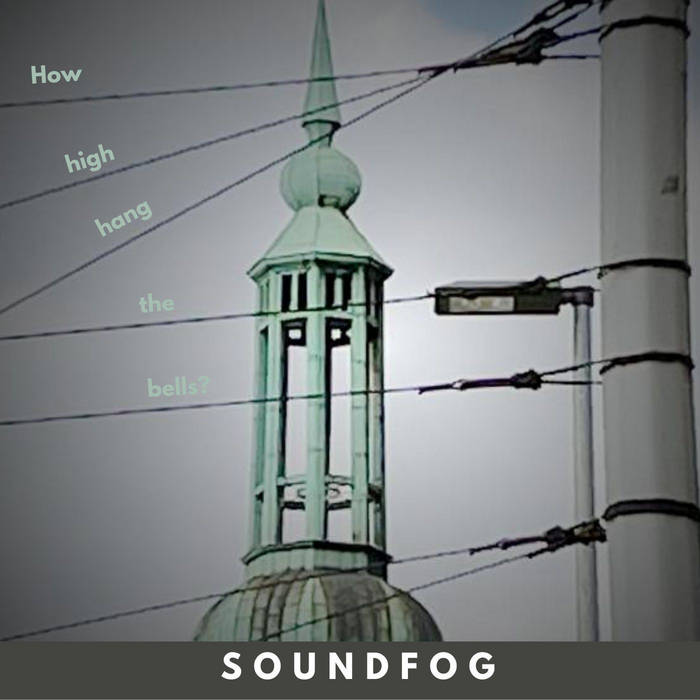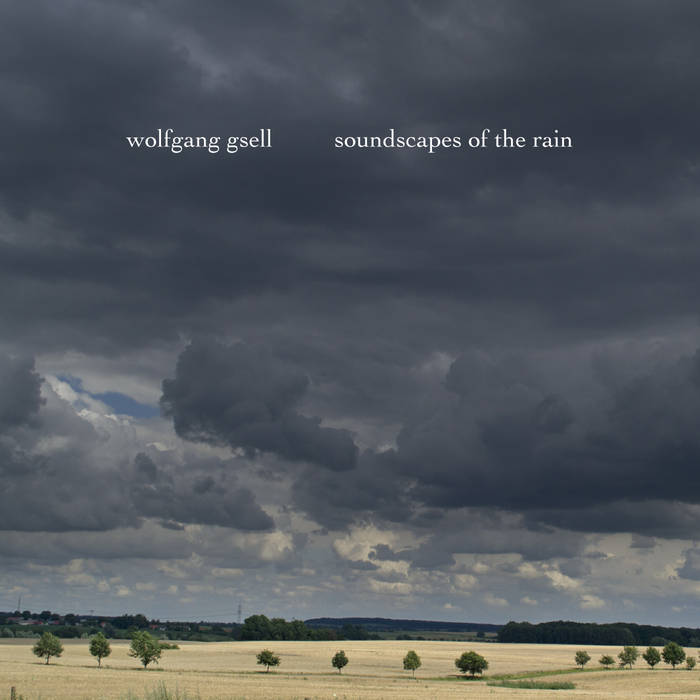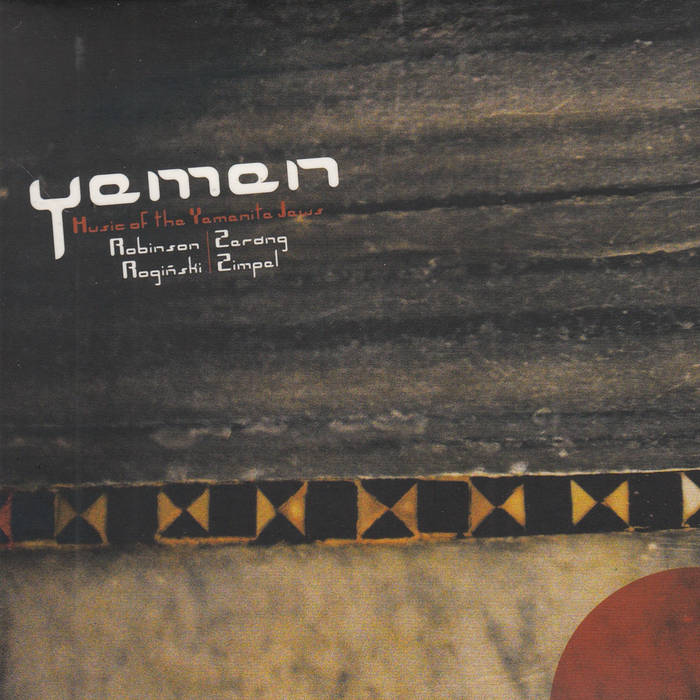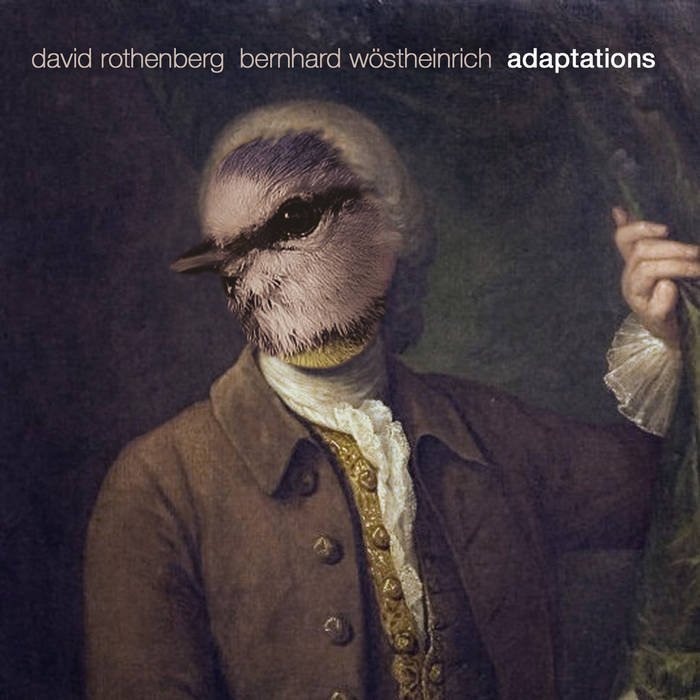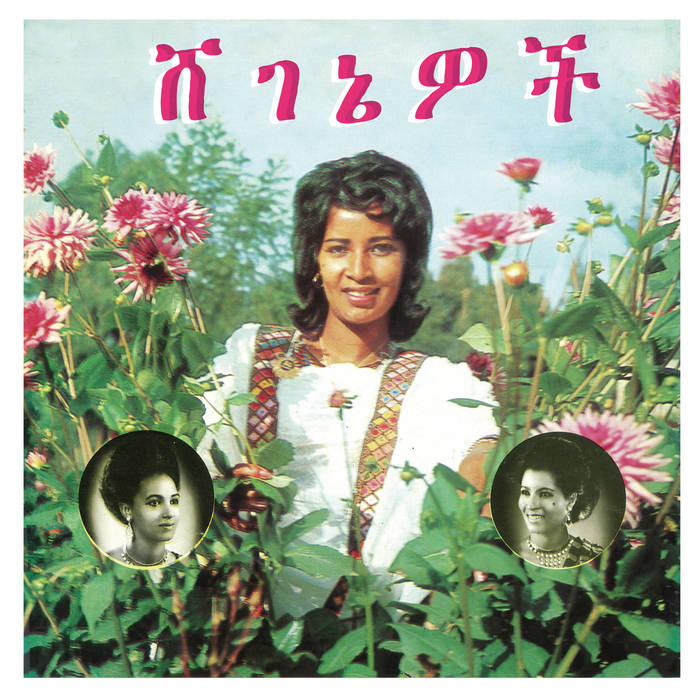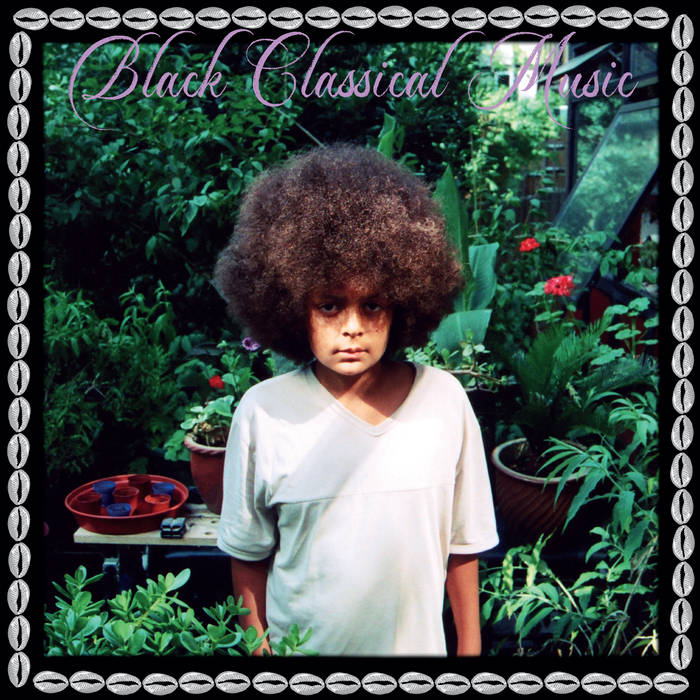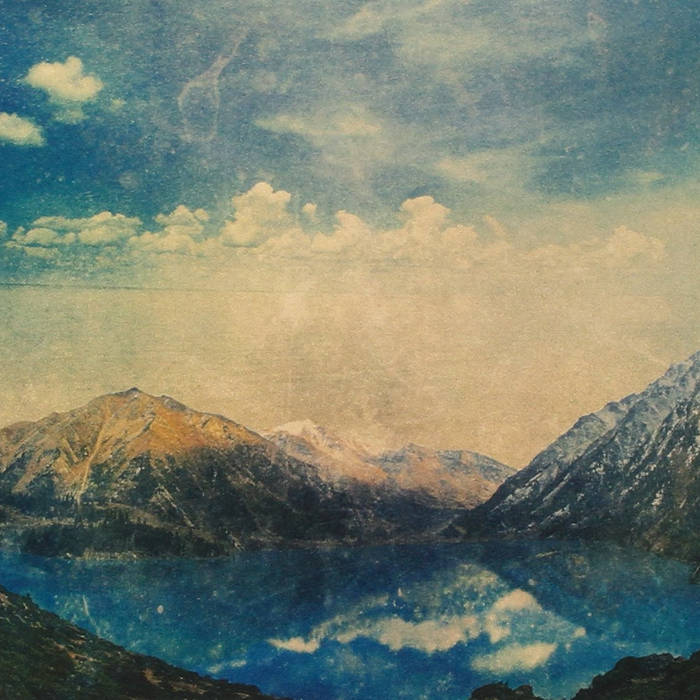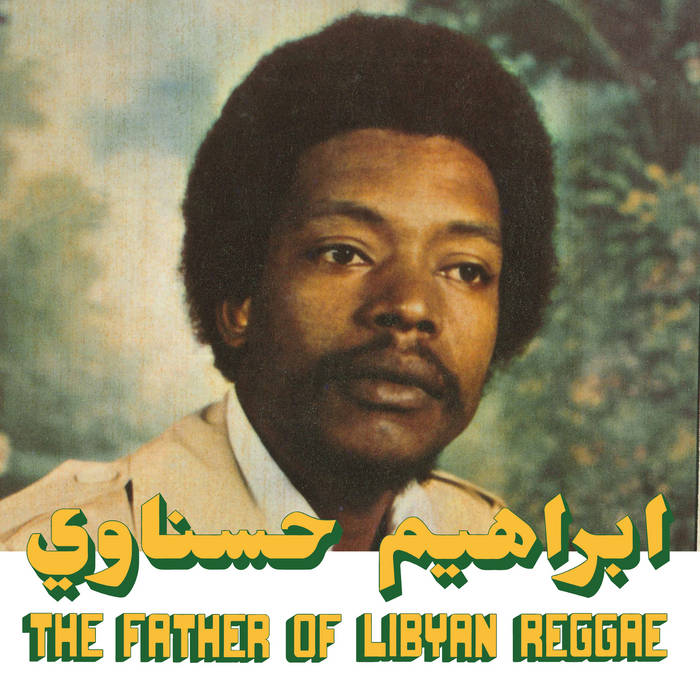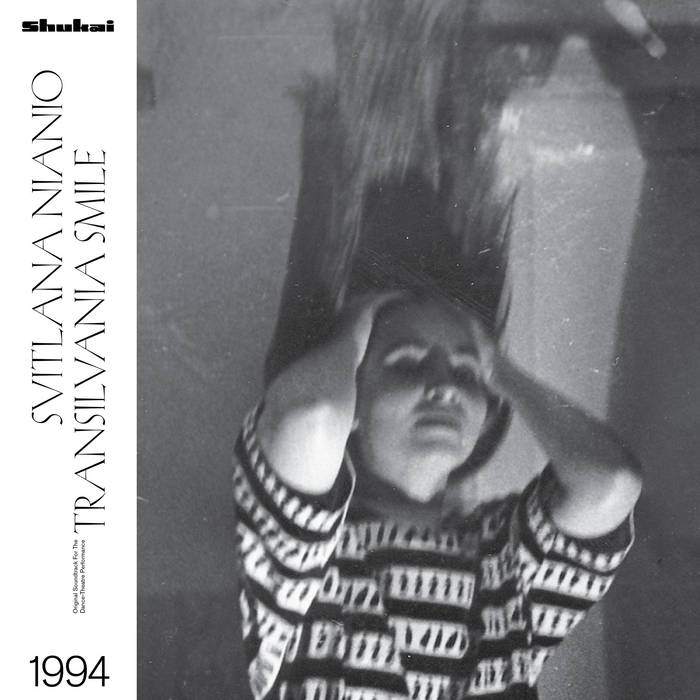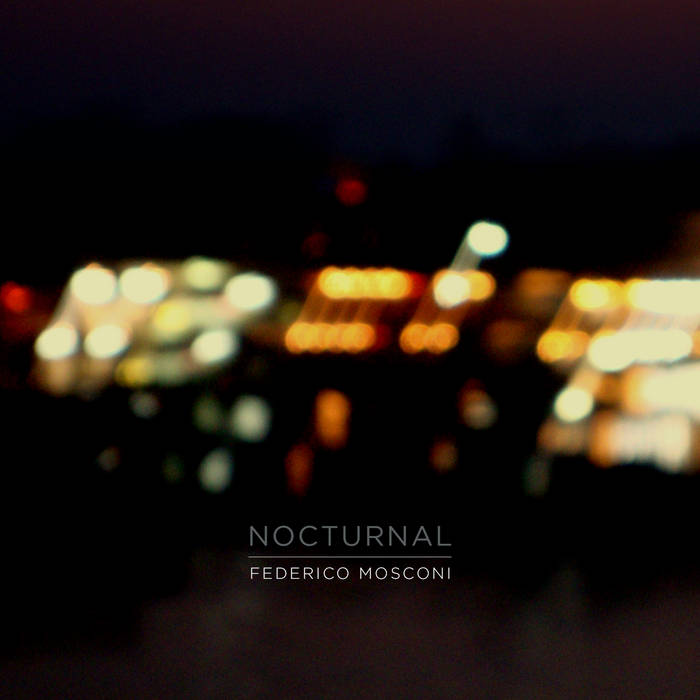SOUNDFOG – How High Hang The Bells?
Our friends at Muteant Sounds have released a very mellow, relaxed free jazz session by SOUNDFOG. The band features Bernd Grohs-Ophoff on drums, percussion and carillon, Frank Wilke on a very relaxed trumpet, trombone and voice, and Sven Emmerich who…
Wolfgang Gsell – Soundscapes of the Rain
German composer Wolfgang Gsell passed away in 2017 at the age of 61, but he left an amazing body of work that could be favorably compared to electronic music from Germany, especially the Berlin School which produced acts like Klaus…
Perry Robinson / Wacław Zimpel / Michael Zerang / Raphael Rogiński – Yemen – Music Of The Yemenite Jews
Thanks to a translation of the Polish on the release’s Bandcamp site, this project was originally prepared as a special project of the 5th Tzadik Poznań Festival. It was also performed there for the first time. In the beautiful walls…
David Rothenberg & Bernhard Wöstheinrich – Adaptations
I bought this album quite a while ago, but never had the chance to sit with it properly until this week. It’s a well-done mix of clarinet and experimental electronic music composed by David Rothenberg and Bernhard Wöstheinrich, taking their…
Aselefech Ashine & Getenesh Kebret – ሸገኔዎች (Beauties)
Mississippi Records has unearthed an Ethiopian gem from the middle 1970s. From their Bandcamp site: “On this 1976 gem of a record, Aselefech Ashine and Getenesh Kebret’s voices intertwine in close harmony, the two “beauties” singing in duet across 10…
Yussef Dayes – Black Classical Music
Over the past 10 years or so, something incredible has been happening in London. Jazz has come back into fashion, and has taken in influences from all over, be it hip hop or world music. Yussef Dayes is, arguably, the…
My Brother The Wind – Once There Was A Time When Time And Space Were One
This post is dedicated to my dear brother in music, Shane Beck, because he turned me on to this magnificent band. My Brother The Wind is something of a supergroup comprising of Nicklas Barker of Anekdoten, Makajodama’s Mathias Danielsson, and…
Ibrahim Hesnawi – Habibi Funk 024: The Father of Libyan Reggae
The country of Libya is not the first country one thinks of when it comes to reggae, but as it turns out, Libya produced a fair share of excellent artists in the genre. The ever-estimable Habibi Funk Records have released…
Svitlana Nianio – Transilvania Smile, 1994
Though the recording quality is not audiophile quality, this collection of theater music by Ukrainian singer and artist Svitlana Nianio documents the soundtrack to a theater project she was involved in at the time called Transilvania Smile. From her label…
Federico Mosconi – Nocturnal
Federico Mosconi has produced a perfectly melancholy album, one of those discs you will go to at 4 a.m. when the word feels like it will fall apart, yet magically sticks together through a combination of faith and music. From…
